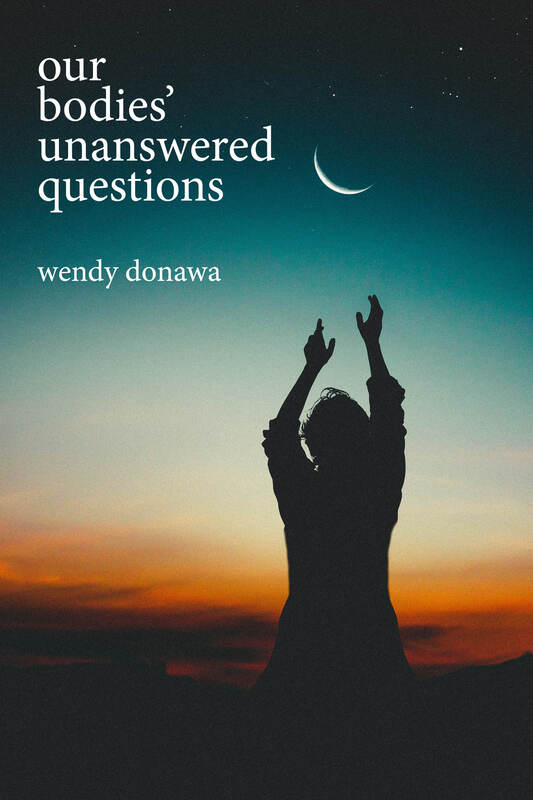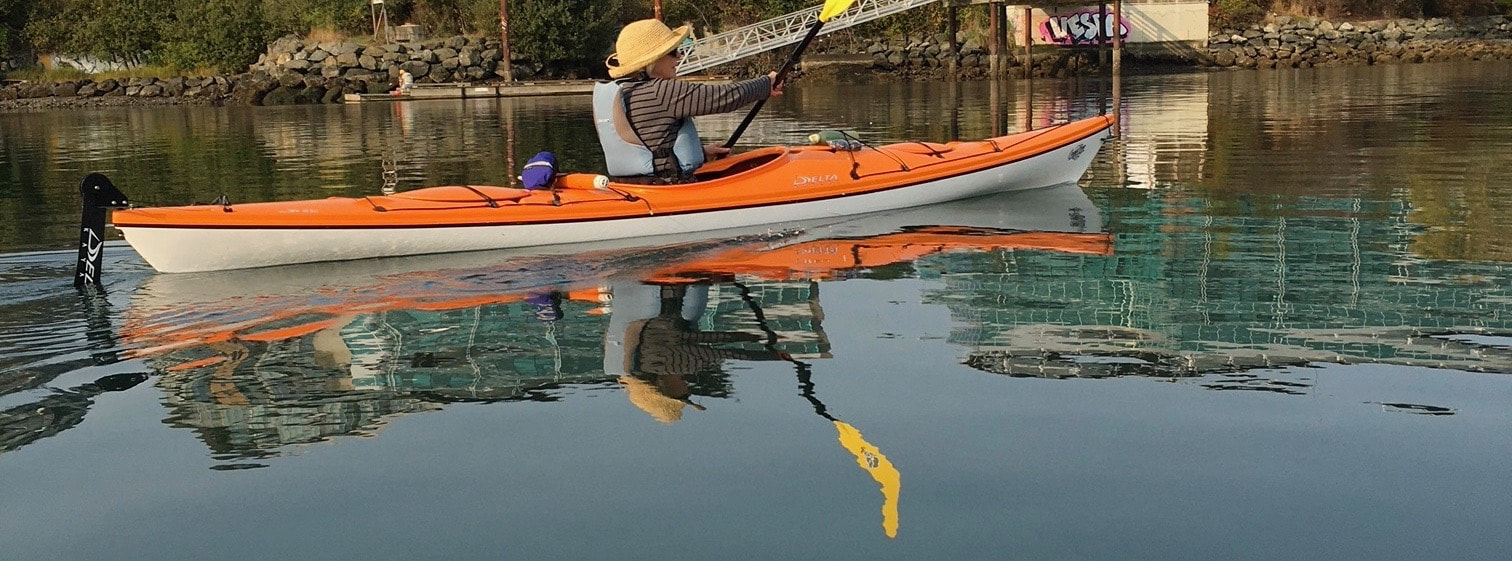|
WHY POETRY?
What use is poetry? Why do we write in the face of Zagajewski’s “mutilated world”, why explore the environmental and spiritual squalor that meets us at every turn: the disruption of food chains and life cycles, the violent historical and cultural erasure of “Other”, the mindboggling brutality on individual, social and national levels? But what better medium than poetry to articulate our hunger for security, love, and beauty, our yearning for wholeness and healing? No other mode uses language so compressed, so layered, so startling in its capacity to express that which is almost beyond the power of language to assert. In its abundance, poetry offers both solace and consolation. Once we have read and been moved by a poem, our awareness is permanently enlarged. Even with the most dire of topics, to have a dilemma interpreted with intelligence and emotional clarity enlarges our humanity. Here, the poet walks a tightrope that Patrick Lane called “passionate detachment”, while Jane Hirshfield speaks of “a preserving dispassion.” Poetry consoles with the “also” of the mutilated world—there is also a separate pleasure in noting the artistry of the poet: the ingenious twists of insight, the musicality of metre and metaphor, the sheer originality of thought and expression that returns us to ourselves. It also reminds us, not that good and evil cancel each other out, but that both exist in an unstable, cosmic scale in our damaged, beautiful world, in our wounded, resilient lives. Perhaps there is only the demonic journey. Small beauties by the roadside and Such love as we can muster. (p. 1, Thin Air of the Knowable) I respectfully acknowledge that my home, in sight of the Sooke Hills and the Salish Sea, is on the traditional territory of the lək̓ʷəŋən Peoples of the Songhees and Esquimalt nations. |
Photo by L. Fowler


